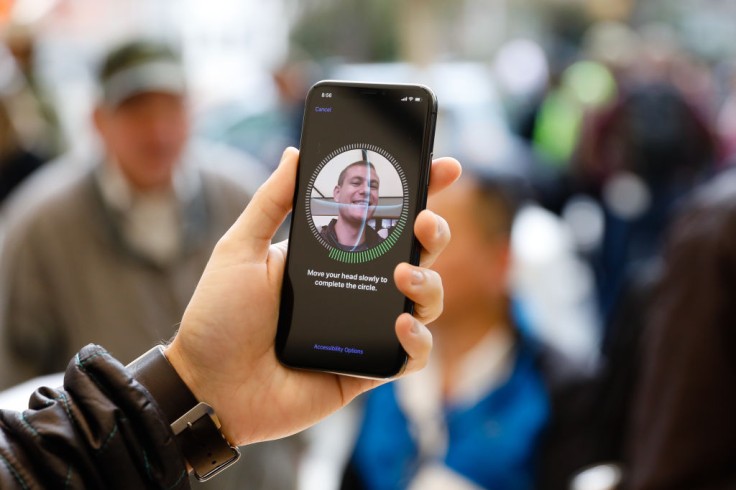
Apple is set to unveil a new Face ID functionality for iPhone 13 that is applicable even in a world face masks are generally used amid the COVID-19 pandemic.
In an exclusive report by famed Apple leaker Jon Prosser published in Front Page Tech, the Cupertino, California tech giant is apparently testing a prototype case using a current iPhone 12 model that bears the iPhone 13's upcoming Face ID array. The case fits around the phone with a visible additional sensor array placed on top of the device.
EXCLUSIVE: Apple Testing New iPhone 13 Face ID Hardware That Works With Masks + Foggy Glasses
— jon prosser (@jon_prosser) August 25, 2021
Fascinating story 👇https://t.co/i2CMAfBLTd pic.twitter.com/GY2WAb3aA0
Prosser said the prototype case makes the iPhone 12 use the new Face ID hardware and bypass its current array. The prototype array matches the iPhone 13 CAD layout he leaked in June. He observed that the Face ID array in the prototype case is narrower than in the iPhone 12. As such, it is easy to deduce that the Face ID array is for the iPhone 13.
Apple Face ID Not Working With Mask: iPhone 13 Face ID Sensor to Be Enhances
Prosser cited sources within Apple in stating that the new Face ID sensor will have enhanced facial recognition features that can identify users even if they wear a mask or have eyeglasses on. He said Apple employees wearing masks and eyeglasses tested the feature. These tests were done both with masks on and off, while others checked out the feature with glasses on and off as they wore masks.
The testing reportedly went well both indoors and outdoors using every style of mask and eye glasses.
In addition, Prosser underscored how Apple is putting much emphasis on having Face ID to identify users wearing foggy glasses since the current system has constantly failed in doing so.
Apple Possibly Retraining Neural Network for Face ID to Recognize Users Wearing Masks, Glasses
To achieve this, Apple is possibly retraining its neural network for Face ID to identify the user based on the parts of the face that is not exposed, 9to5Mac reported. Because the Face ID is a biometric security alternative to a passcode, such efforts are definitely challenging, the report added.
Given the iPhone 13 release is a month away, Apple might not even mention the new Face ID feature when the new version of the smartphone is unveiled until it has been proven effective.
With the pandemic raging on and masks widely worn all over the world, Apple is finding ways to make up for the Face ID's inability to identify a masked face. iPhone users who also brandish an Apple Watch could bypass the Face ID if the smartwatch with a passcode detects the phone. Since not all iPhone users have Apple Watches, reconfiguring the Face ID to adapt in a pandemic environment would certainly delight users globally.
With the much-awaited release of the iPhone 13 alongside the unveiling of the final version of the iOS 15, loyal Apple users can expect this very beneficial feature attuned to the times.









